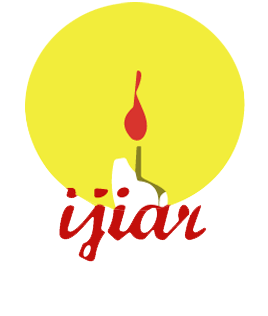BACTERIOLOGICAL QUALITY OF WELL WATER USED FOR DOMESTIC PURPOSES IN OWO METROPOLIS, ONDO STATE, NIGERIA
Water from locally dug wells represent the major source of water supply for domestic purposes in most rural and sub-urban communities in Nigeria. Well water is prone to contamination from human and animal activities and from the environment with microorganisms that may include pathogens associated with water-borne illnesses or possess the potential to initiate diseases of opportunities. This study aimed to determine the bacteriological class of well water available for domestic use in Owo Metropolis, Ondo State, Nigeria. Well water samples collected, analyzed by the double-strength and single-strength McConkey broth for the most probable number, MPN of coliform bacteria, and their varieties from subcultures. Antimicrobial susceptibility tests and extended-spectrum beta-lactamase, ESBL were also determined. The MPN in all the samples were several folds higher (15-1800+ MPN/100 mL) than recommended upper limits. Klebsiella species was the most dominant microorganism 46(50%) of 92 isolates. Other isolates included Enterobacter species (25%), Pseudomonas aeruginosa (12.0%), Proteus mirabilis (8.7%) and Serratiamarcescens (4.4%) was the least recovered microorganism. Production of ESBL was highest amongst Klebsiella species (19.7%), Enterobacter species (16.0%), Proteus mirabilis (12.5%)and Pseudomonas aeruginosa (9.1%) and Serratiamarcescens tested negative. The sampled wells were profoundly polluted with microorganisms that carry resistance enzymes incriminated in most nosocomial infections thus, demanding concrete intervention strategiesto circumventmajor water-borne disease outbreaks.
Department of Medical Laboratory Science, Achievers University, Owo Nigeria.
Share this article
